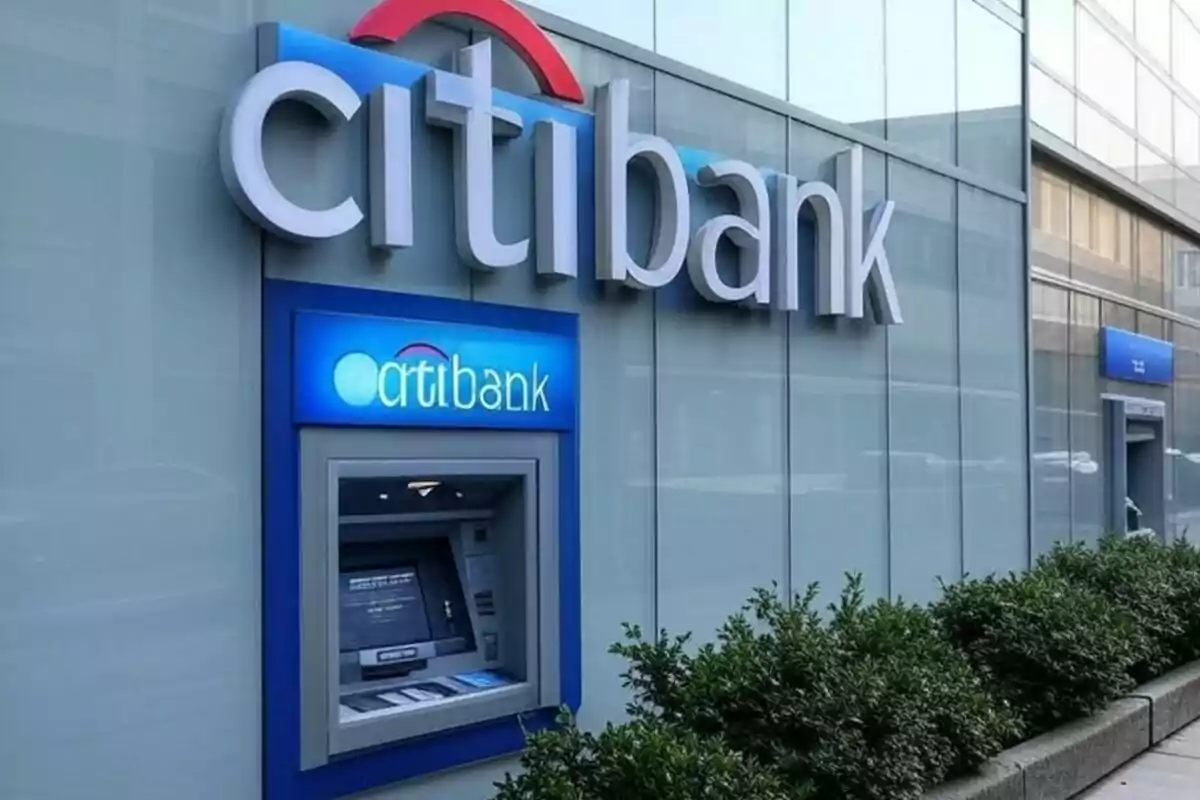Citibank recently suffered a major setback that has shaken the financial sector in the United States. A new legal blow will force the banking giant to open its wallet. Although no trial has taken place yet, the institution has already had to reach a multimillion-dollar settlement to close a lawsuit that has caused much controversy.
The reason? Unauthorized calls that ended up on the wrong phones. Everything began with a class action lawsuit that accused Citibank of making automated and recorded calls using artificial voice systems. The problem is that many of the numbers dialed did not belong to their customers.
Messages about supposed overdue credit card balances were sent. This caused confusion, annoyance, and ultimately, a serious legal conflict.

Citibank will have to compensate
After several years of proceedings, Citibank has decided not to go to trial and has chosen to reach a legal settlement worth $29.5 million. As part of that agreement, the institution will compensate affected individuals with payments that could reach up to $850 per person.
This payment is neither automatic nor widespread. To receive it, individuals must meet a series of conditions. The first and most important: never having been a Citibank customer.
In other words, only those who received automated calls from the bank without having any relationship with the institution are eligible for the money. In addition, individuals must have received at least five such calls between August 15, 2014 and July 31, 2024. These calls had to be about supposed problems with credit cards, such as unpaid balances, and were made without prior consent.
Claimants must present evidence that this occurred. Whether it's phone records, screenshots, or other documentation that validates their story.

Citibank has not officially acknowledged committing any violation. However, by accepting this agreement, they avoid a trial that could have been more costly in economic and reputational terms. This decision is part of an attempt to close the case quickly and move on.
The law that was violated, according to the lawsuit, is the Telephone Consumer Protection Act (TCPA). It strictly regulates how and to whom commercial or informational calls can be made using automated technology.
The problem banks face
This case highlights the legal challenges that American banks continue to face when they use automated systems without properly verifying contact information. It is also a clear warning to other financial institutions about the consequences of these types of practices.
With this agreement, Citibank shows that even large banks are not exempt from being held accountable. For those affected, the news is good: they will be able to receive financial compensation without having to go through lengthy trials. For the institution, however, it is another warning that digging into their pockets may be the only way out when mistakes are made in the digital age.

